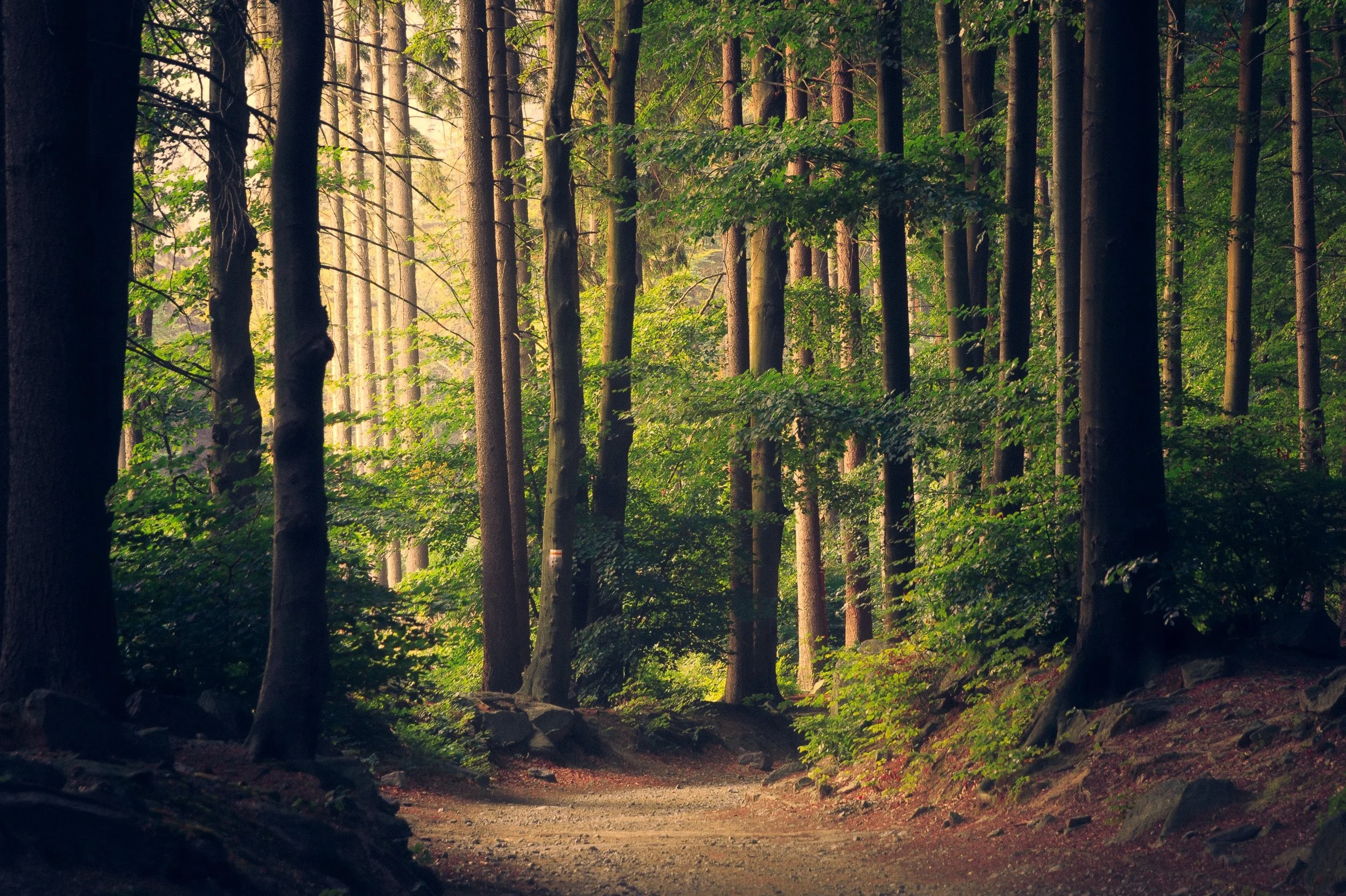“I went to the woods because I wished to live deliberately…” Henry David Thoreau
Most of us have encountered the story of author and philosopher, Henry David Thoreau's 2-year retreat to the Walden Woods just outside of his home in Concord, MA, in 1845. During this period he experimented with a radical reversal of the work/life practice of the time, which had typically meant working six days a week at making a living, and one day per week to actually live. In his now iconic work, "Walden," he articulated the transcendence of living "simply," and his often quoted observation, "the mass of men lead lives of quiet desperation."
Recently, on the final day of my own 30-day sabbatical, I visited the place of Thoreau's sanctuary, and gained new appreciation for the man who reconstructed his life so that, "he might participate more consciously in the choices he was making."
My own radical departure from the pulse of modern life followed an extended period of profound stress and uncertainty in both my professional and personal worlds. While I do not approach life believing that I have to solve everything by myself, the prolonged distress of my circumstances had led to a kind of functional isolation. By the time I realized that I needed to unplug, I was mentally dazed, emotionally adrift, and spiritually disoriented. In the 1950's they would have called it a nervous breakdown. I came to think of it as my "soul storm."
"…when we stand before life in the fullness of 'yes,’ we are trusting the intelligence, the fundamental goodness of the Universe." Michael Bernard Beckwith
Like Thoreau, my retreat was about regaining a quality of sentience that could shape the life and spiritual choices I needed to make going forward. I established daily routines that alternated practices of meditation and journaling, along with a conscious releasing of solving, managing, anticipating. It was a period of remarkable revelation.
The first thing I noticed was how much pain I was in. The process of stilling the outer distractions to bring mind and body present in the moment meant acknowledging that even the act of conscious breathing was a strain. My stomach hurt. I was not able to achieve a truly deep breath. And I was exhausted. Afternoon naps became the norm.
Next I noticed how many “windows” were open on my mental desktop all the time. My mind had become an internal google browser, and there were hundreds of tabs open. The psychic noise of these virtual placeholders blocked the sound my inner voice, resulting in a persistent state of apprehension.
Last I realized I had lost touch with what “yes” felt like for me. That authentic, visceral release into wholeness, versus the provoked concession to the momentum of circumstances. I understood then how much we all actually “know” about what is right for us that may not get acknowledged, much less fully integrated, into our choices, relationships, spiritual practice.
"Go to the place you feel most like yourself."
The Lake House, 2006
As I emerge from this time of retreat, and turn to the process of re-engaging my life and work, I know it will be about more than rebooting.
It will be about evolving my life structures reflect a new equilibrium.







